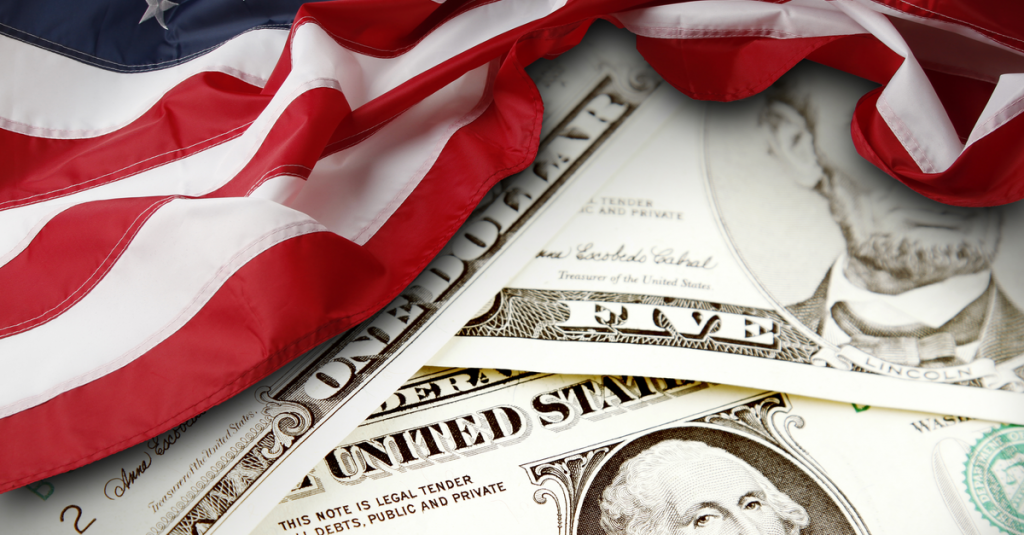(Reuters) – The dollar firmed against its rivals on Tuesday, supported by a safe haven bid as rising trade tensions and fears of a slowdown in global economic growth weighed on investors’ appetite for risk assets.
The Japanese yen, also seen as a refuge during times of heightened investor concerns, traded in a narrow range ahead of the Bank of Japan’s monetary policy announcement due on Wednesday.
Investors shunned riskier assets and moved to buy the greenback after Bloomberg reported that Washington is preparing to announce tariffs on all remaining Chinese imports by early December if talks next month between U.S. President Donald Trump and Chinese President Xi Jinping fail to ease the trade war.
Trump and his Chinese counterpart are due to meet on the sidelines of the Group of 20 leaders summit in Argentina at the end of November.
The dollar index, a gauge of the currency’s strength against six major peers, traded at 96.66, up 0.1 percent on Tuesday. It hit a 2018 high of 96.98 on Aug. 15.
“The U.S. dollar is benefiting from its safe haven status due to the steep fall in equity prices as trade war fears escalate,” said Ray Attrill, head of currency strategy at NAB.
U.S. equities turned sharply lower on Monday, reversing a positive start and led by declines in technology stocks. Investors are concerned that corporate earnings may peak this quarter as borrowing costs rise with the U.S. Federal Reserve expected to raise interest rates by 25 basis points in December, followed by another two possible hikes in 2019.
The Japanese yen traded flat in Asian trade on Tuesday, having weakened versus the dollar on Monday.
“The yen doesn’t seem to be getting its normal safe haven status,” said Attrill. “The reason could be that Japanese investors have been net buyers of foreign equities in October which has kept the dollar/yen from trending lower.”
Yen traders will also be focussing on the central bank’s monetary policy meeting due Wednesday.
Political uncertainty continues to keep a lid on the euro. The single currency traded relatively unchanged versus the dollar at $1.1374 on Tuesday, having hit a 10-week low of $1.1332 on Monday on news that German Chancellor Angela Merkel would not seek re-election as head of her Christian Democrats (CDU) party.
The euro has also been weighed by the ongoing standoff between Brussels and Rome over Italy’s free spending budget that would breach the European Union’s fiscal rules.
“The main risk to the euro is if the coalition in Germany collapses before 2019. That coupled with negative news flow out of Italy could lead to the perfect storm,” said Attrill.
ECONOMIC CALENDAR EVENTS FOR OCTOBER 30th
CHF KOF Leading Indicator (Oct)
EUR Gross Domestic Product s.a. (YoY) (Q3)
EUR Gross Domestic Product s.a. (QoQ) (Q3)
EUR Consumer Confidence (Oct)
EUR Services Sentiment (Oct)
EUR Industrial Confidence (Oct)
EUR Business Climate (Oct)
EUR Economic Sentiment Indicator (Oct)
GBP CBI Distributive Trades Survey – Realized (MoM) (Oct)
USD S&P/Case-Shiller Home Price Indices (YoY) (Aug)
CAD BoC Governor Poloz Speech SPEECH
NZD Building Permits s.a. (MoM) (Sep)


